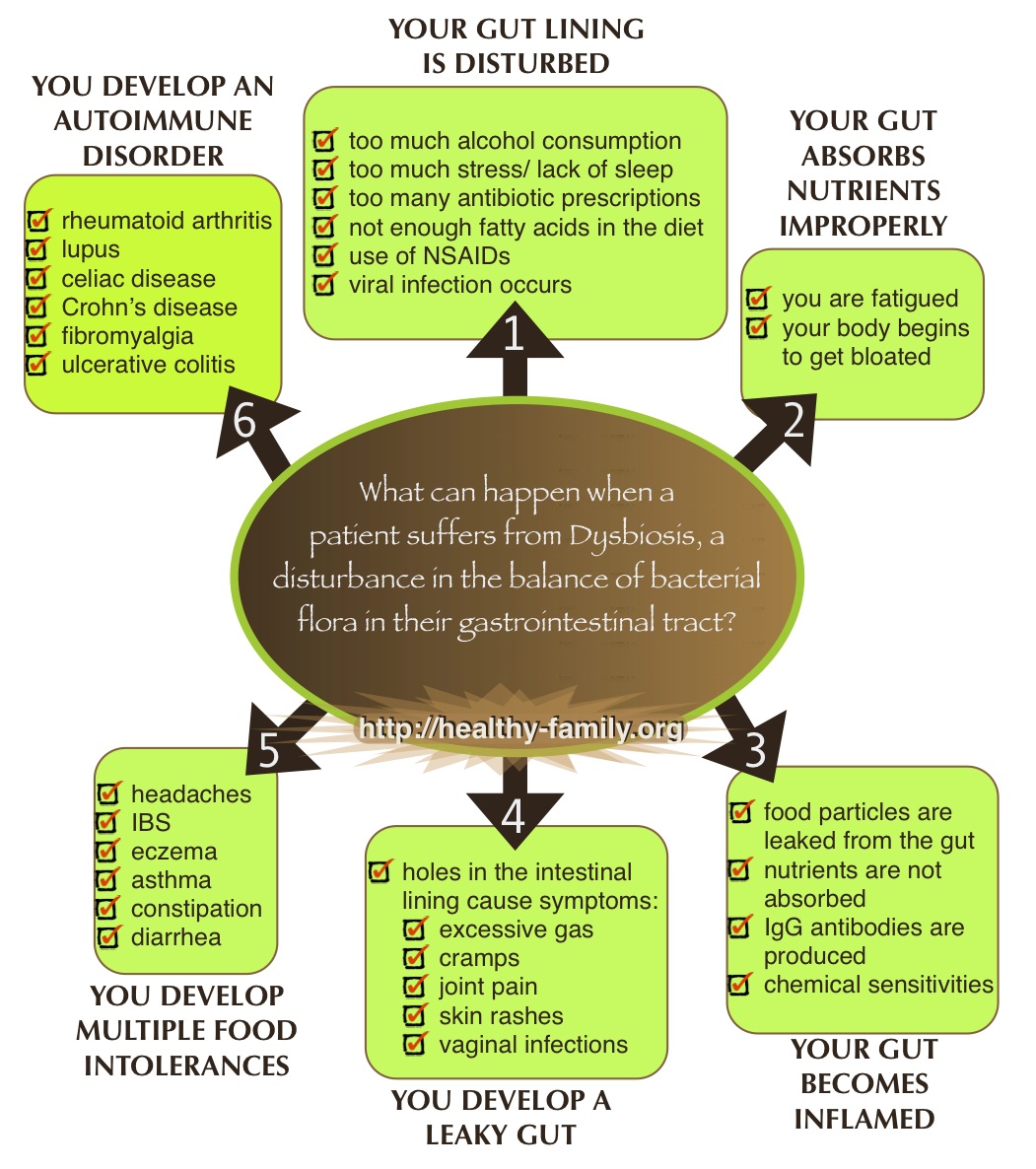
I was thinking back to how I used to feel when my lifestyle was hectic and my diet seriously lacked what my body needed. I remember sitting at the kitchen table one morning with a headache, fuzzy head and feeling tired even though I had slept a good few hours. My eyes ached, I had a sick feeling in my tummy and couldn’t face the thought of breakfast. Now I don’t drink alcohol but I often felt overloaded and toxic, which is probably similar to how someone with a hangover feels!
We all associate a hangover with drinking too much alcohol. But did you know, under certain circumstances it is possible to have similar symptoms from zero alcohol consumption!
Gut Fermentation Syndrome
I was thinking back to how I used to feel when my lifestyle was hectic and my diet seriously lacked what my body needed. I remember sitting at the kitchen table one morning with a headache, fuzzy head and feeling tired even though I had slept a good few hours. My eyes ached, I had a sick feeling in my tummy and couldn’t face the thought of breakfast. Now I don’t drink alcohol but I often felt overloaded and toxic, which is probably similar to how someone with a hangover feels!
We all associate a hangover with drinking too much alcohol. But did you know, under certain circumstances it is possible to have similar symptoms from zero alcohol consumption!
I came across an article about the rare case of a 61-year-old Texas man who for five years seemed to be drunk a lot of the time. His wife, a nurse, began to give him breathalyser tests. Even when he hadn’t been drinking, his blood alcohol content was five times the legal driving limit!
In 2009 the man was admitted into an emergency room on a day he hadn’t had a sip of alcohol. The physicians were not aware of any way that a person could be intoxicated without ingesting alcohol and therefore believed he was a ‘closet drinker’. Finally, after a 24-hour observation period at a gastroenterology practice in 2010 (one in which he saw no visitors and underwent a battery of tests) doctors realised that his stomach was turning food into alcohol – Gut Fermentation Syndrome!
From the point of view of Natural Nutrition, a possibe cause of gut fermentation syndrome is when the micro-organisms which inhabit the gut (gut flora) become imbalanced resulting in an overgrowth of yeasts such as Candida. Candida refers to a large family of yeasts (one-celled fungi) that under normal circumstances, harmlessly inhabit the tissues of humans.
Within a balanced intestinal tract from mouth to colon there are plenty of beneficial bacteria which keep yeasts like Candida in check. However, when there are insufficient beneficial bacteria present to keep Candida under control, Candida changes from a harmless state into an invasive species. It transforms and puts out long stringy hyphae or “roots” which can penetrate through the tissues of the body.
Candida overgrowth can occur in many tissues of the body but commonly affects the:
- Mouth (known as oral thrush)
- Scalp as dandruff
- Vagina (known as thrush)
- Intestines
The main triggers for Candida overgrowth include:
- An excess of dietary sugar, sugary foods or processed starches including bread, pizza and pasta. These are all potential food sources Candida to grow.
- Any form of stress which triggers further changes like poor oxygen availability and dehydration within the gut environment. This change within the gut environment favours the growth Candida.
- A recent course of antibiotics which has killed off bacteria within the body but has created an opportunistic space for Candida to grow.
- Oral contraceptives which imbalance the gut in the same way as antibiotics giving yeasts like Candida an open door to take control.
Unfortunately when the gut flora becomes imbalanced yeasts like Candida spreads, fermenting sugars within the gut and releasing alcohol into the system.
Gut fermentation syndrome is not commonly known within conventional medicine. For most people, they won’t be experiencing extreme symptoms like this man but they may be having symptoms like poor energy, headache and nausea, which stem from an overgrowth of yeasts.
If you have any of the above Candida triggers and you experience a fuzzy head, nausea, headaches and feeling dehydrated after eating something sugary or starchy like biscuits, chocolate, pizza, pasta or cake then you may be experiencing some fermentation within the gut! Seek help from a qualified practitioner as these symptoms may become more serious and lead to other issues such as the gut wall becoming damaged, poor nutrient absorption, gut inflammation, leaky gut, food intolerances and even auto-immune disorders.
 My tips for reducing gut fermentation are:
My tips for reducing gut fermentation are:
- Cut down and avoid foods and drinks which trigger gut fermentation. This means avoiding sugary and processed starches and possibly even foods made from whole grains may have to be reduced or omitted until the gut flora normalises
- Keep your body hydrated
- Reduce stress, I know it’s not easy but this is a big influencing factor.
- Include foods with antifungal, antibacterial and antiviral properties like virgin coconut oil, garlic and onions. The amazing thing is that these natural foods are not like broad spectrum antibiotics. They do not kill off the health promoting bacteria found within the gut which help to digest foods and produce important vitamins. This may be due to the pH range they switch on in.
- Include lots of fresh vegetables and green juices to alkalise the body and to support liver detoxification
- Include proteins like meat, poultry, fish, eggs, pulses, sprouts and legumes
- Include a good quality pro-biotic to support the growth of a healthy gut flora or make your own. See my page on Rejuvelaca pro-biotic made from the light fermentation of any sprouted whole grains like buckwheat, wheat, brown rice, mung beans etc
- Include green tea to help lower blood sugar levels. This will have a knock on effect on reducing gut fermentation.
